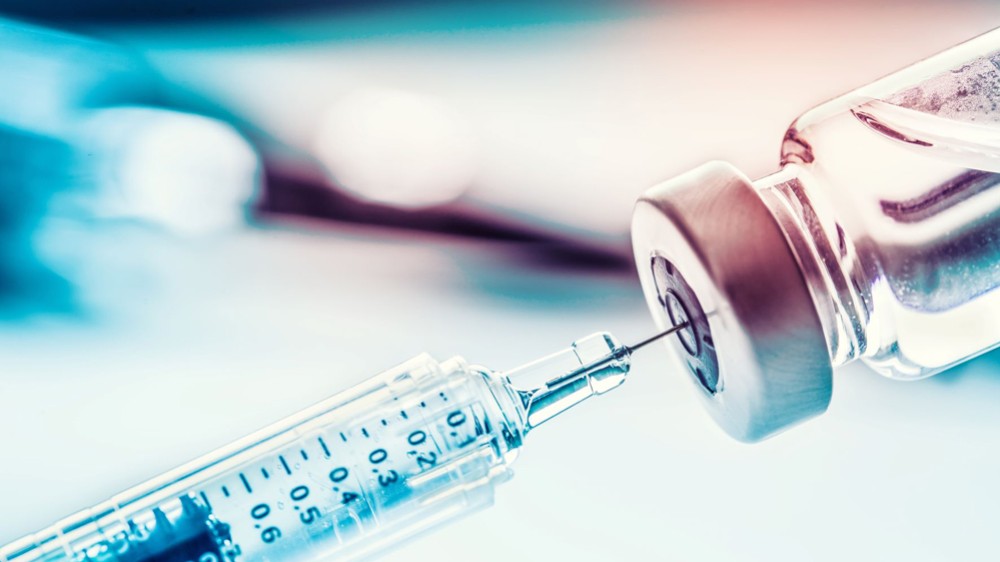Over £3M awarded to seven new Project grants

We are pleased to announce seven new awards supporting the development and characterisation of 3Rs approaches and technologies.
The majority of this year’s award cohort focus on replacing the use of animals reflecting the current research landscape and our commitment to increasing our investment in replacement technologies.
One of the replacement awards has been made to Professor Amir Ghaemmaghami at the University of Nottingham who will develop a microfluidic device using human iPSCs with the aim of ultimately replacing animals in regulatory studies for biomaterials. Implantable biomaterials and medical devices can trigger adverse immune responses termed foreign body responses. These can both harm patients and prevent devices from working. Amir will develop a microfluidic device to model the foreign body response and characterise the model using existing data from current "gold-standard" animal models.
We are committed to refining and reducing the use of animals where they are still required, and this year’s Project grant awards cover all three "Rs". Professor Emma Robinson at the University of Bristol has been awarded funding to develop a method to measure the impact of potential refinements on rat welfare without needing to remove animals from their home cage. Studies have shown that adult rats make ultrasonic vocalisations at different frequencies when they experience positive or negative events. Emma will determine the effect of two refinement approaches on vocalisations as a proof-of-concept they can be used to understand rat welfare.
A further award has been made to Dr Rachel Tanner at the University of Oxford to develop an immune organoid model using bovine lymph node material. This builds on the 3Rs Prize-winning method developed by Dr Lisa Wagar using human lymph tissue to create an animal-free method to streamline vaccine development. Rachel will apply this method to reduce the use of cattle in developing, optimising and batch testing bovine vaccines. She will compare the immune response in the bovine lymph organoids to TB vaccines previously used in in vivo studies. To establish this new model locally and globally, Rachel will support training and transfer in end-user laboratories.
2023 NC3Rs Project grant awards
Developing patient-derived organoids to dissect the cellular & molecular mechanisms underpinning resolving and persistent forms of arthrofibrosis – Professor Stephanie Dakin et al, University of Oxford (£349,821)
Aim: Develop an in vitro model of the knee in healthy and fibrotic conditions, replacing some studies using mice in arthrofibrosis research.
An iPSC based xeno-free platform to assess the foreign body response against new biomaterials – Professor Amir Ghaemmaghami et al, University of Nottingham (£569,616)
Aim: Develop an iPSC model to investigate adverse immune responses to novel biomaterials replacing the use of some animals in regulatory tests.
A human 3D bone-sensory nerve co-culture model to investigate bone-derived pain – Professor Deborah Mason et al, Cardiff University (£482,569)
Aim: Investigate bone-nerve interactions in pathological conditions using a co-culture model, replacing the use of some animal models of bone pain.
Cell-based assay for tetanus vaccine and antitoxin production – Professor Andrew Peden et al, University of Sheffield (£325,247)
Aim: Characterise an in vitro assay to measure the toxicity of tetanus-based medical products, replacing animal studies that use death as an endpoint in vaccine quality control.
Development of a fully humanised model for understanding platelet function – Dr Alice Pollitt et al, University of Reading (£443,154)
Aim: Combine two technologies previously developed with NC3Rs funding to determine how platelets interact with damaged blood vessels, replacing some studies using genetically modified and/or immunocompromised mice in thrombosis research.
Could ultrasonic vocalisations provide the elusive, graded measure of affective state needed to inform refinements for the laboratory rat? – Professor Emma Robinson, University of Bristol (£565,942)
Aim: Refine studies by determining whether ultrasonic vocalisations can be used to measure the impact of refinements on rat welfare without needing to remove animals from their home cage.
Developing bovine immune organoids for the screening of vaccine candidates – Dr Rachel Tanner et al, University of Oxford (£545,105)
Aim: Reduce the number of cattle in vaccine research by developing organoids from bovine lymph node tissue to screen vaccine candidates.
